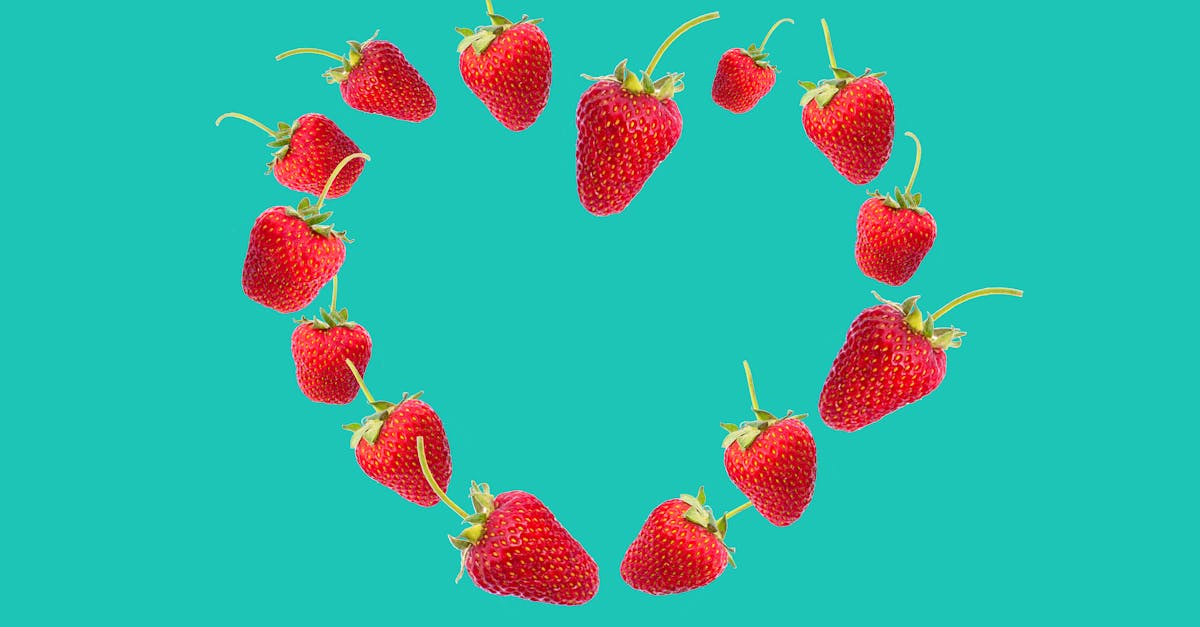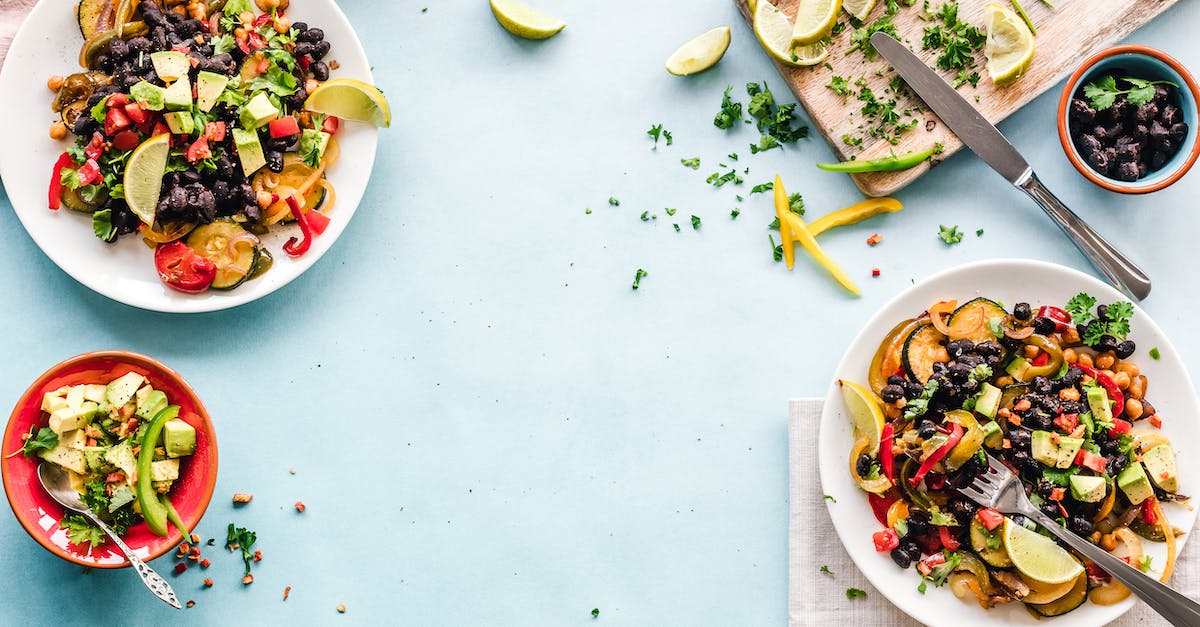Thinking about transitioning to a vegetarian lifestyle? We’ve got you covered! In our post, we’ll explore the ins and outs of being a healthy vegetarian.
From debunking common myths to providing practical tips, we’re here to help you thrive on a plant-based diet.
Whether you’re a seasoned vegetarian or just starting out, we’ve got something for everyone.
Let’s immerse and discover how to nourish our bodies while embracing a vegetarian way of life.
Key Takeaways
- Protein sources for vegetarians include beans, lentils, tofu, nuts, and seeds.
- Essential nutrients like iron, calcium, and Vitamin B12 are crucial for vegetarian health.
- Meal planning tips emphasize incorporating a variety of fruits, vegetables, whole grains, and plant-based proteins.
- Exploring diverse protein sources such as quinoa, edamame, Greek yogurt, and plant-based protein powders.
- Maintaining balance in a vegetarian diet through nutrient-rich foods like fruits, vegetables, legumes, nuts, and seeds.
- Consult with healthcare providers or dietitians when making significant dietary changes for personalized guidance and support.

Debunking Common Myths About Vegetarianism
- As vegetarians, we can get enough protein from sources like beans, lentils, and tofu.
- Here’s a great article that explains the protein sources in a vegetarian diet here.
- Our meals can be exciting with a wide variety of fruits, vegetables, and whole grains.
- Explore delicious vegetarian recipes for inspiration here.
Essential Nutrients for Vegetarian Health
When following a vegetarian diet, it’s crucial to make sure we’re getting all the essential nutrients our bodies need to thrive. Here are some key nutrients to focus on:
- Protein: Opt for plant-based protein sources like beans, lentils, tofu, and nuts to meet our daily protein needs.
- Iron: Incorporate iron-rich foods such as spinach, lentils, quinoa, and fortified cereals into our meals to support healthy blood cells.
- Calcium: Ensure we’re getting enough calcium by including dairy alternatives like fortified plant milks, tofu, and leafy green vegetables in our diet.
- Vitamin B12: Consider taking a B12 supplement or consuming B12-fortified foods like nutritional yeast and plant-based milk to meet our B12 requirements.
For more information on essential nutrients for vegetarians, visit Healthline’s guide to essential nutrients for vegetarians.

Tips for Meal Planning and Balanced Nutrition
When it comes to being a healthy vegetarian, it’s crucial to plan nutritious meals. Here are some tips to help you achieve a well-balanced diet:
- Include a variety of fruits, vegetables, whole grains, and plant-based proteins in your meals.
- Make sure to incorporate sources of protein such as beans, lentils, tofu, or tempeh.
- Don’t forget iron-rich foods like spinach, lentils, and fortified cereals.
- Get your calcium from sources like fortified plant-based milk or leafy greens.
- Vitamin B12 is essential, so consider fortified foods or a supplement.
For more information on meal planning and essential nutrients, check out Healthline’s guide on vegetarian nutrition for expert insights.
Exploring Protein Sources for Vegetarians
When choosing protein, we’ve got plenty of tasty options like beans,lentils, tofu, and tempeh.
These plant-based proteins are not only delicious but also packed with nutrients.
Don’t forget about nuts and seeds too – they’re versatile and add a crunch to your meals.
For those who love a hearty meal, quinoa and edamame are fantastic protein-packed choices.
And let’s not overlook the wonders of Greek yogurt for our vegetarian friends who include dairy in their diet – it’s a protein powerhouse.
Trying to get more creative with your cooking? Discover the area of **plant-based protein powders – they’re a convenient way to boost your protein intake.
Hungry for more info on protein sources for vegetarians? Check out this detailed guide from Healthline.

Embracing a Balanced Vegetarian Lifestyle
When adopting a vegetarian diet, it’s essential to focus on nutrient-rich foods to maintain a healthy lifestyle.
Including a variety offruits, vegetables, whole grains, legumes, nuts, and seeds can provide the essential nutrients our bodies need.
Finding balance is key, ensuring we get enoughprotein, iron, calcium, zinc, vitamin D, and vitamin B12.
Supplements and fortified foods can help us meet our nutritional needs.
Regularlyplanning balanced meals and snacks is crucial to ensure we stay healthy and energized.
For more tips on creating a well-rounded vegetarian diet, you can refer toHealthline’s guide here.

